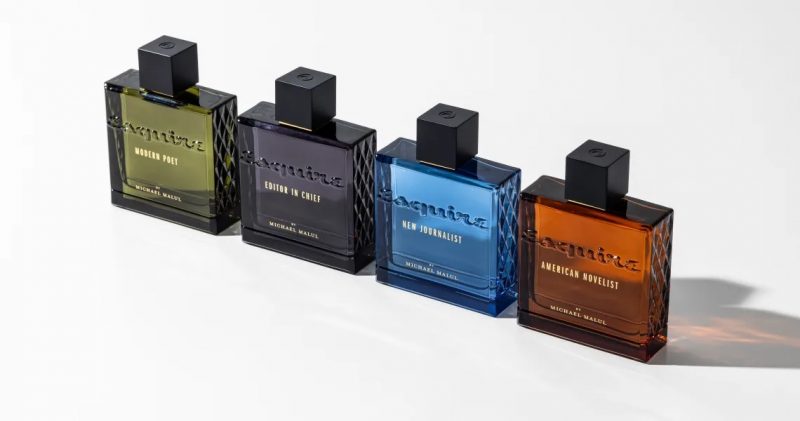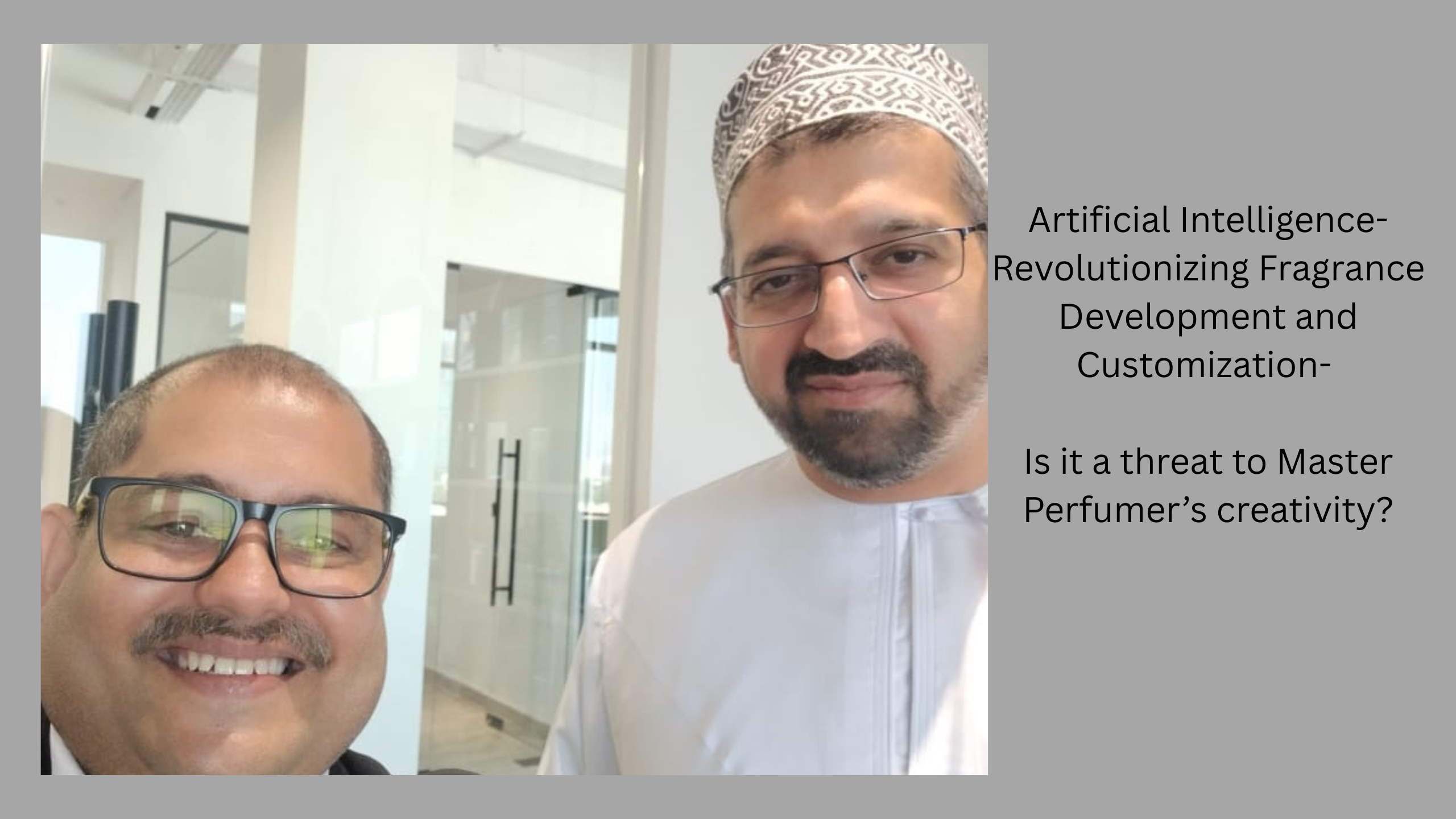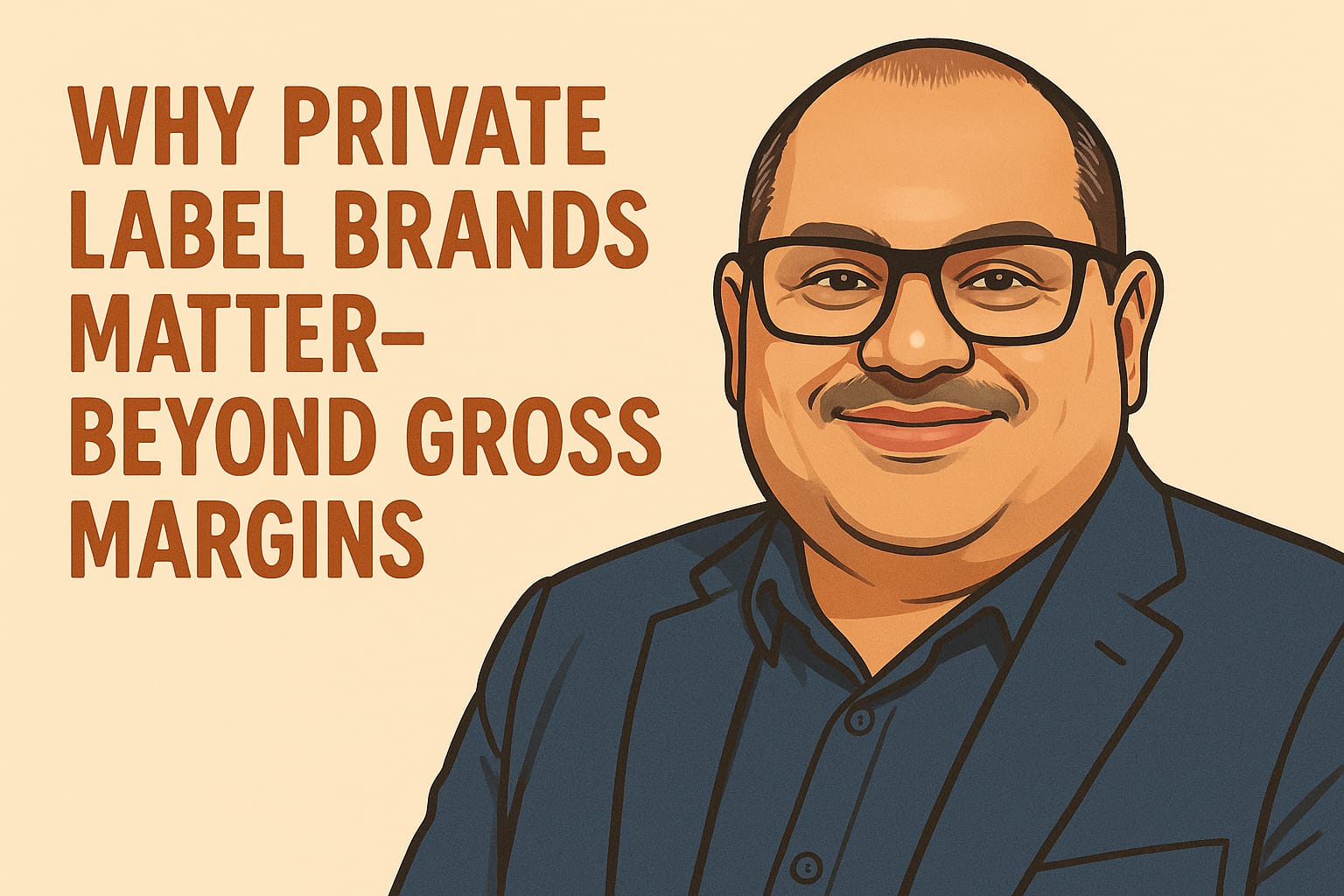Artificial Intelligence is Revolutionizing Fragrance Development- Is it a threat to creativity?
Artificial Intelligence gaining traction in Perfumery
This week, I met with one of my friend and trade partners over lunch, and the discussion took turn to fragrance manufacturing, as my friend had returned from attending a new fragrance launch in Dubai and was mentioning about the master perfumers’ work in creating a new fragrance.
“In future the same task would be done by AI using data science and AI agents, as every scent and its note is being coded by Machine learning systems”, I stated.
“How, is it possible”, asked my friend.
“A real-world example is Givaudan’s Carto, an AI-powered fragrance creation system”, I replied.
“Carto uses machine learning algorithms and an extensive database of fragrance ingredients to help create customized perfumes based on consumer preferences.
By analysing historical data, consumer feedback, and scent profiles, Carto recommends ideal fragrance notes and combinations, reducing the need for manual testing and iterations”, I continued.

Here comes the use of AI.
AI facilitates swift and seamless scent reformulation, allowing perfumers to substitute components while preserving the original formula’s cherished odor profile.
To learn about perfume flanker strategy, click here
What makes Artificial Intelligence more powerful?
The ability to consolidate & process data based on what fragrance is selling in the marketplaces, customer preferences, and trending fragrances all coupled under one algorithm to recommend the fragrant notes that would be most suited for Gen Z.
For example – Fragrance market sales data can be uploaded to an AI powered analytical agent to predict the notes of new scents. And AI will suggest substitute molecules that can make the fragrance cost-effective and more commercial.
This AI tool in fragrance testing allows brands to offer customized perfumes at scale, providing tailored scent experiences without direct input from a traditional perfumer.
Users can input desired emotions, memories, or even favourite ingredients, and the AI maps these inputs to optimal scent profiles.
The integration of AI in fragrance personalization not only speeds up product development cycles, but also makes luxury fragrance more accessible and inclusive.
Brands like Yves Saint Laurent and Nose.fr have also adopted AI to match consumers with the perfect scent based on psychographic data and previous purchase behaviour.
To learn market-gaps in fragrance market of Angola, click here

My perspective about Artificial Intelligence:
As the fragrance industry embraces AI-driven customization, it’s clear that technology is not replacing creativity—it’s enhancing it.
AI is bringing the data science element into the perfumery by introducing data-driven solutions that enhance precision, speed, and personalization.





May 10, 2025 @ 3:33 pm
Good insights
September 10, 2025 @ 12:25 pm
thanks
February 5, 2026 @ 12:37 pm
thanks bro